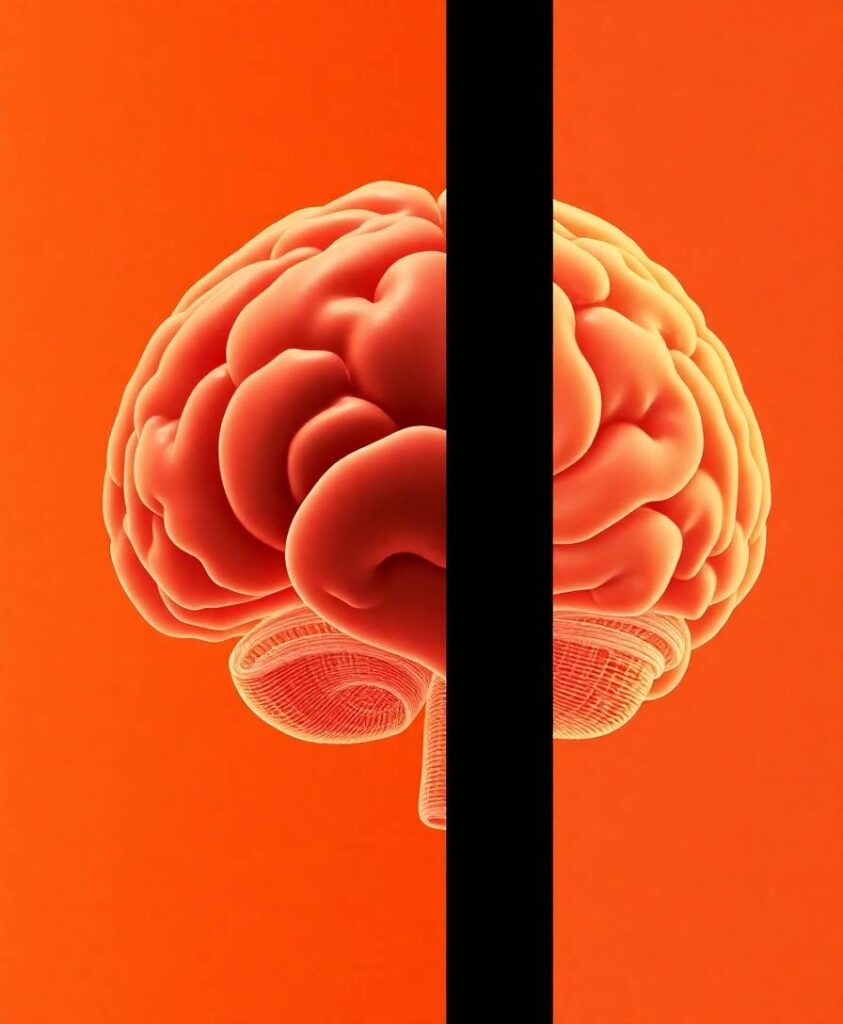Leisure Activities, APOE ε4, and Cognitive Decline: A Longitudinal Cohort Study
Background: Both leisure activities and the ε4 allele of the apolipoprotein E (APOE ε4) have been shown to affect cognitive health. We aimed to determine whether engagement in leisure activities protects against APOE ε4-related cognitive decline.Methods: We used the cohort data from the Chinese Longitudinal Healthy Longevity Survey. A total of 3,017 participants (mean age of 77.0 years, SD = 9.0; 49.3% female) from 23 provinces of China were recruited in 2008 and were reinterviewed in 2014. We assessed cognitive function using the Mini-Mental State Examination (MMSE). We calculated cognitive decline using subtraction of the MMSE score of each participant in 2008 and 2014. We genotyped a number of APOE ε4 alleles for each participant at baseline and determined the Index of Leisure Activities (ILAs) by summing up the frequency of nine types of typical activities in productive, social, and physical domains. We used ordinal logistic regression models to estimate the effects of leisure activities, APOE ε4, and their interaction on cognitive decline, statistically adjusted for a range of potential confounders.Results: There were significant associations between APOE ε4 and faster cognitive decline, independent of potential confounders, and between leisure activities and mitigated cognitive decline. The odds ratios were 1.25 (95% CI: 1.03, 1.53) and 0.93 (95% CI: 0.89, 0.97), respectively. We found significant interactions of APOE ε4 with leisure activities with a P-value of 0.018. We also observed interactive effects of subtypes of leisure activities: participants who regularly engaged in productive activities were more likely to reduce the risk of APOE ε4-related cognitive decline.Conclusion: Our findings provide support for the indication that participating in leisure activities reduces the risk of APOE ε4-related cognitive decline.
Margaret is a Scottish-Canadian educator and bioethicist from Alberta, focusing on ethical considerations in human enhancement technologies. She authors pieces on balancing ambition with moral integrity, rooted in her clan's emphasis on community and perseverance.



